Free Trade Agreements
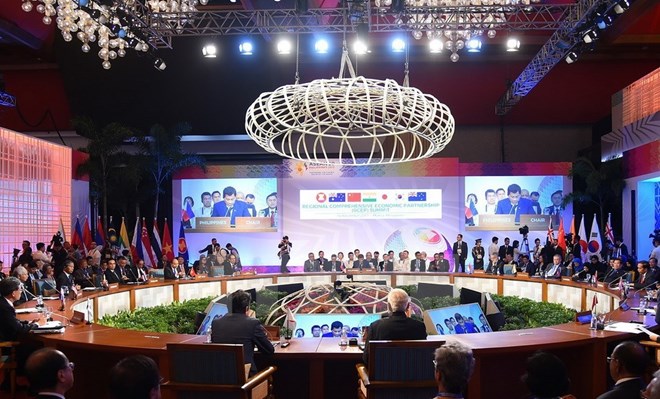
Protect PH economy, thwart RCEP
November 20, 2017
Research group IBON said that the Philippine government should promote and protect Filipino industry instead of pursuing one-sided free trade agreements (FTAs). This is after Regional Comprehensive Economic Partnership (RCEP) participating countries recently said that the regional trade deal would continue their strong economic performance. According to IBON, the government should only enter economic […]
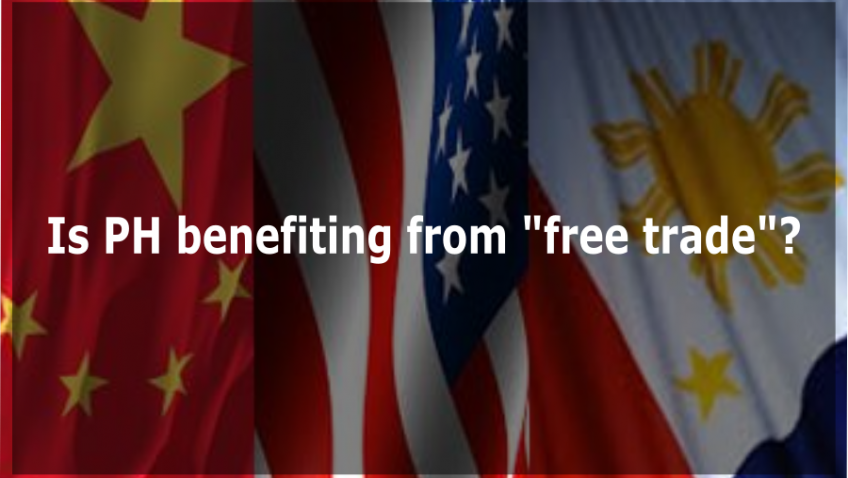
Rising US, China protectionism: Philippines still on losing end
November 14, 2017
By Audrey De Jesus Free trade agreements (FTAs) are a major agenda item for countries attending the 31st Association of Southeast Asian Nations (ASEAN) Summit. whether at the meeting proper or the sidelines. Contrary to the projection that FTAs promote partnerships for development, however, these FTAs are becoming more and more one-sided. As the world […]

Five ASEAN features that show “One Community” is exclusionary
November 12, 2017
By Casey Salamanca On its 50th year, and under Philippine chairmanship, the Association of South East Asian Nations or ASEAN is being hyped to have brought development to its member countries. Themed “Partnering for Change, Engaging the World” for 2017, the convergence of ASEAN’s ten-member countries and its dialogue partners is anticipated to bolster the regional […]

RCEP: Giving Up Sovereignty and Development
September 4, 2017
IBON Foundation Statement for the Regional Comprehensive Economic Partnership (RCEP) Stakeholder Consultation Interface with DTI and Key Agencies Manila, September 4, 2017 IBON welcomes this opportunity to interact with the DTI and key agencies on their negotiations for the Philippines on the RCEP. We look forward to hearing from our country’s negotiators. We also continue to […]
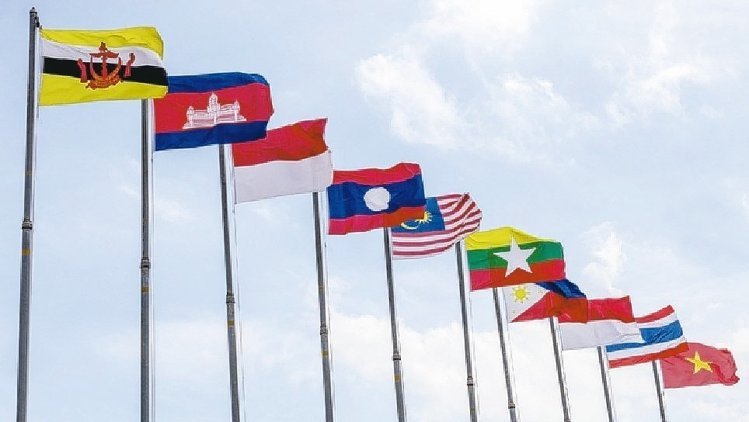
RCEP talks secretive, undemocratic – IBON
September 4, 2017
Research group IBON expressed concern about the secretive and undemocratic proceedings of the Regional Comprehensive Economic Partnership (RCEP) especially considering its apparent significant impact on the country’s economy, economic sovereignty and people’s welfare. The group said that it is the Duterte administration’s responsibility to ensure genuine transparency and public consultation to uphold the interests of […]

Duterte’s RCEP push at ASEAN, implications on PH economy & development (Part 2)
August 13, 2017
By Arnold Padilla Part 2 – The more far-reaching implication of the RCEP is on the country’s sovereignty in regulating foreign investments and in designing and implementing development plans that would serve the national interest and public welfare. FTAs like the RCEP want to further erode the mandate of governments and other state institutions. This is […]
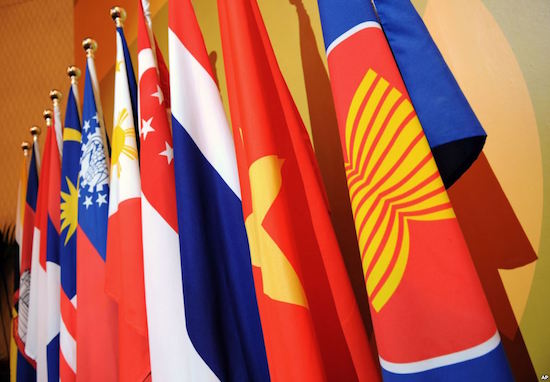
Duterte’s RCEP push at ASEAN, implications on PH economy and development
August 10, 2017
By Arnold Padilla Part 1-At the 50th anniversary of the Association of Southeast Asian Nations (ASEAN), President Rodrigo Duterte endorsed the Regional Comprehensive Economic Partnership (RCEP) deal. RCEP is being negotiated by the 10 member states of the ASEAN plus six other countries that ASEAN has a free trade agreement (FTA) with or the so-called […]

Four reasons why RCEP will be detrimental to Filipino farmers
May 16, 2017
The fight of Filipino peasants such as the farmworkers of Hacienda Luisita and Lapanday Foods Corporation for land, food, and justice, stands to be further undermined once the Philippine government fully accedes to the China-backed mega Free Trade Agreement (FTA) Regional Comprehensive Economic Partnership (RCEP). While the controversial Trans-Pacific Partnership (TPP) was seemingly put […]
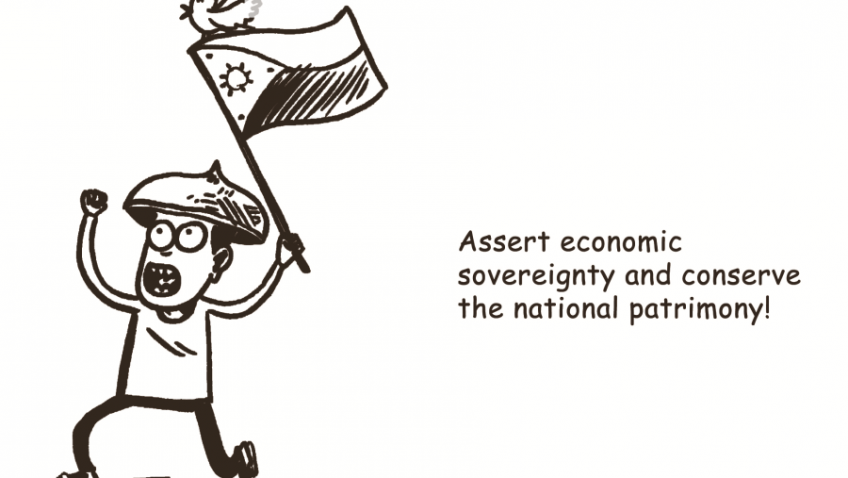
RCEP is Undemocratic and Anti-Development
May 11, 2017
IBON Foundation Statement for the Stakeholders’ Meeting of the Trade Negotiating Committee (TNC)18th Round of Negotiations on the Regional Comprehensive Economic Partnership (RCEP) Manila, May 10, 2017 Our countries should not be prevented from implementing real development policies. After over three decades of globalization we need to reclaim our economic sovereignty, not erode this even […]






